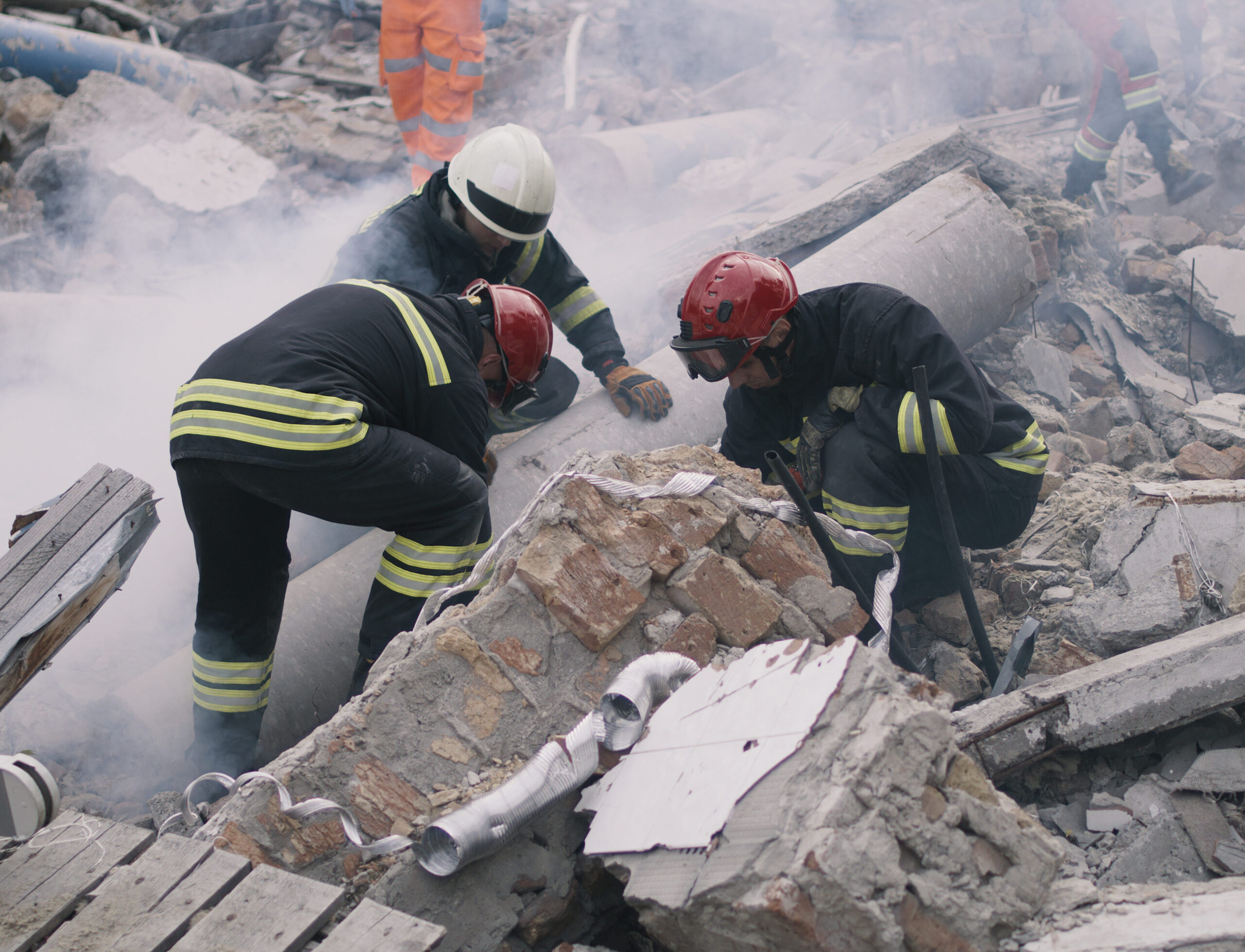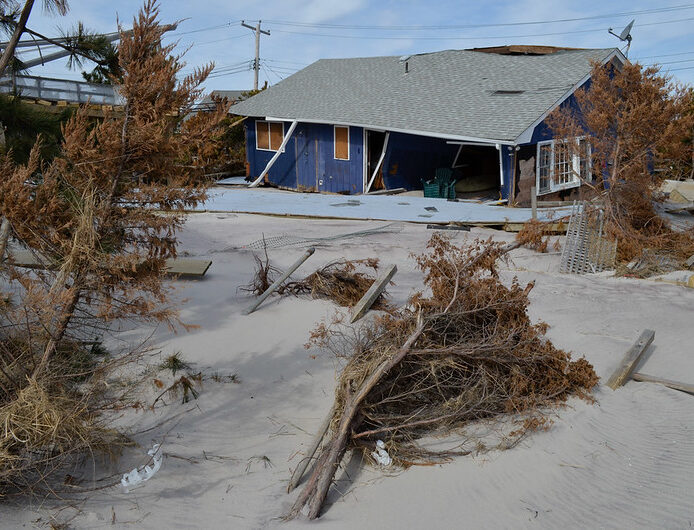History
Past and Present
NPLI launched in the wake of 9/11. Those attacks led the United States to reorient and reorganize the agencies and infrastructure responsible for the domestic security of the country. From agency leaders to first responders, new knowledge and new training was required to meet unfamiliar challenges.
It soon became clear that leadership itself was key to the emerging equation. Positioning separate organizations to collaborate, in a quickly evolving threat environment and with changing mission assignments, required a corps of adaptive, expert, and wide-thinking leaders.
The U.S. federal government turned to faculty at Harvard University. NPLI began as a joint program of the Harvard T.H. Chan School of Public Health and the Harvard Kennedy School of Government, Center for Public Leadership. NPLI is now recognized globally.
At the inaugural 2003 Harvard Faculty Club meeting, the University committed to joining the country, and the world, on the steep learning curve of preparedness and response leadership. That objective required understanding the frontline challenges of senior government, corporate, and humanitarian leaders amid crises. Those findings translated into the content and curriculum of NPLI training programs and publications.
2003 – 2008: Building the NPLI
NPLI received early support from the White House National Security Council. Innovative research was undertaken by shadowing senior leaders during crises, including the Hurricane Katrina response, informing new executive education programs. Faculty published the first paper on Meta-Leadership.

2009 – 2012: Expanding Field Research
NPLI faculty continued to join senior leaders in the field during major crises, including the H1N1 pandemic, Deepwater Horizon oil spill, super storm Sandy, tropical storm Irene, and more. The collected scenarios, cases, and insights expanded Meta-leadership thinking and practices. The CDC, CDC Foundation, and Robert Wood Johnson Foundation sponsored 36 Meta-Leadership Summits for Preparedness, training thousands of community leaders across the country.

2013 – 2018: Home & Away
In 2013, crisis hit close to home. The Boston Marathon bombings response involved many NPLI alumni in leadership roles. Faculty studied these and other leaders, finding remarkable, collaborative effort. That research informed the concept and practices of “swarm” leadership. Other research included the domestic Ebola response, the series of hurricanes that hit in 2017, and transportation security. NPLI provided custom Meta-leadership training to numerous organizations globally.

2019 – Present: You're It
NPLI faculty compiled the growing body of Meta-Leadership knowledge and practice into the book, You’re It: Crisis, Change, and How to Lead When it Matters Most, now translated into multiple languages. NPLI faculty advised and studied leaders at the center of the COVID-19 response. An online program brought Meta-leadership to many who, during COVID, suddenly became crisis leaders. To date, NPLI has trained more than 11,000 leaders in executive education programs and seminars from 16 countries across the public, private, and non-profit sectors.


